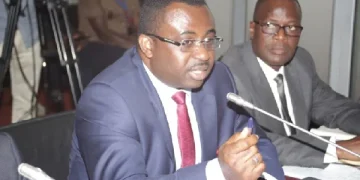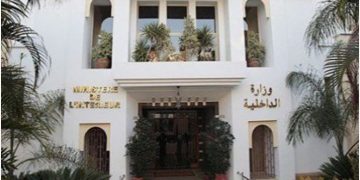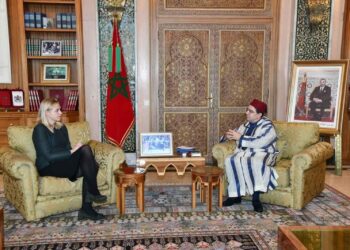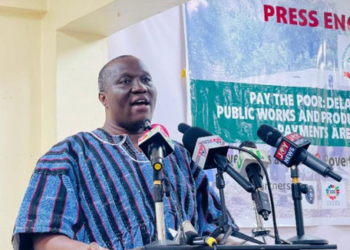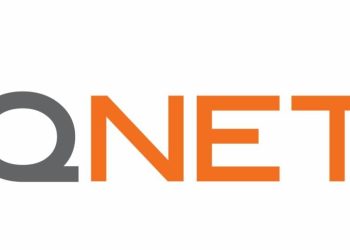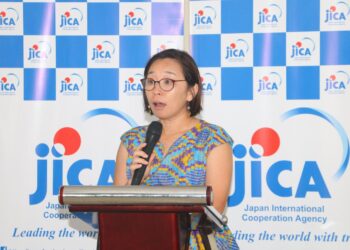The recent discussions surrounding the $29 million tax administration contract between Tata Consultancy Services (TCS) and the Ghana Revenue Authority (GRA) have generated significant public debate. However, a closer look at the details of the agreement—now officially approved by Parliament upon the request of Finance Minister Dr. Cassiel Ato Forson—reveals a well-structured process that followed all legal and institutional protocols.
The contract’s origins trace back to an invitation for tenders issued in January 2022 for the development of an Integrated Tax Application System (ITAS) for the Domestic Tax Revenue Division of the GRA. Twelve out of thirteen firms were shortlisted following a competitive evaluation, with TCS and its Ghanaian partners demonstrating the technical capacity to deliver the system efficiently.
The procurement process, which was led and executed by former Commissioner-General Rev. Ammishaddai Owusu-Amoah over a two-year period, was concluded and signed by his successor, Ms. Julie Essiam.
The ITAS system—an IMF conditionality with a deadline of May 30—was finalized and signed by Ms. Essiam, who ensured that additional procurement requirements were satisfied. Most importantly, her administration formally sought approval from the Minister of Finance to engage TCS under a Multi-Year Expenditure Commitment, consistent with Section 33(1)(a) of the Public Financial Management Act, 2016 (Act 921). Documents show that this approval was granted, clearing the way for the contract to proceed in full compliance with the law.
The Public Procurement Authority (PPA) subsequently approved the engagement of TCS for USD 25,257,407.00, covering a two-year implementation period and one year of support services, exclusive of applicable taxes. These approvals confirm that all ministerial and institutional requirements were satisfied before the contract was signed.
Despite public speculation, there is no evidence that the contract ignored technical or local content requirements. On the contrary, records show that the Central Tender Review Committee recommended TCS and its Ghanaian partners based on their demonstrated capability, reflecting the rigorous evaluation process overseen by the Authority.
Equally important, available information confirms that, to date, no payment has been made to Tata Consultancy Services for this contract.
Tuesday’s parliamentary approval further underscores the legality and transparency of the agreement, signaling confidence in the governance and due diligence exercised under Madam Essiam’s tenure. Those who have questioned the contract without a full understanding of its procedural compliance should reflect on the documented approvals and the measured decisions taken by the former Commissioner-General.
Ultimately, this contract represents a continuation of efforts to modernize Ghana’s tax administration system, guided by legal frameworks and prudent fiscal management—a process carefully managed by Madam Julie Essiam and now formally validated by Parliament.





